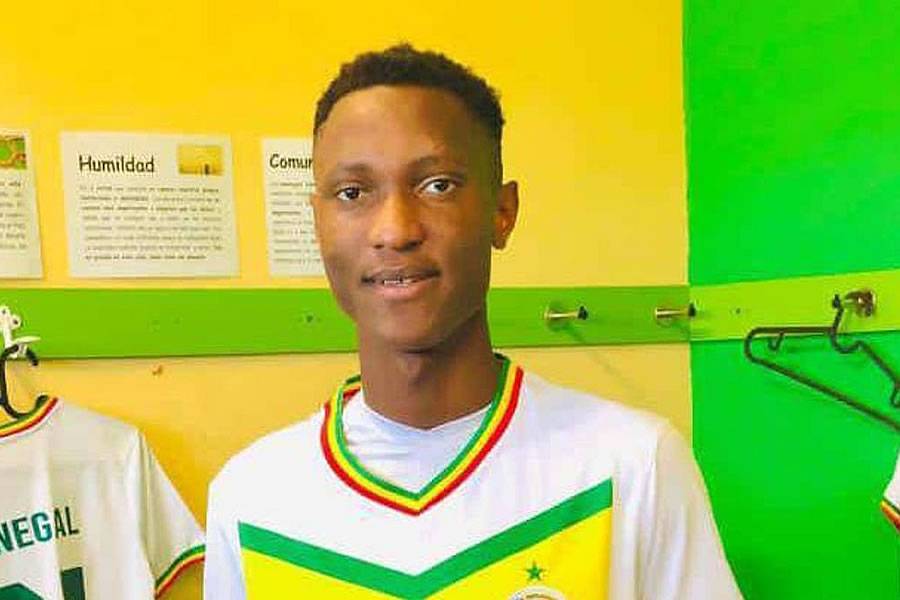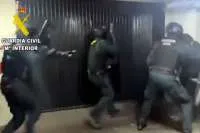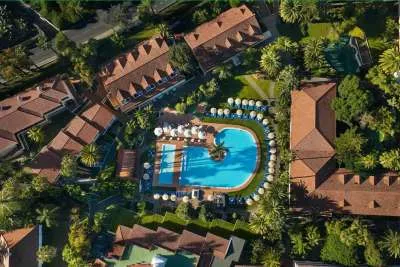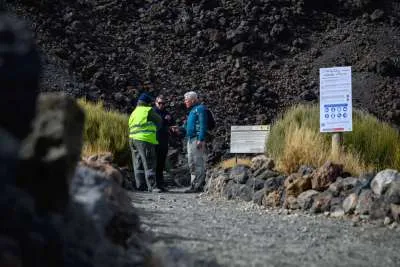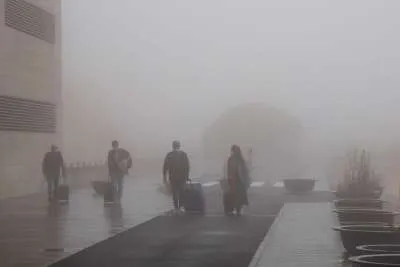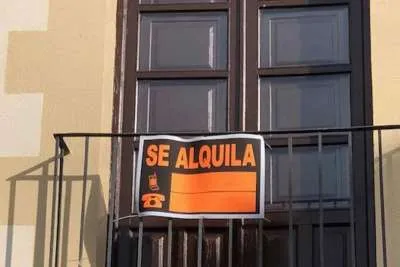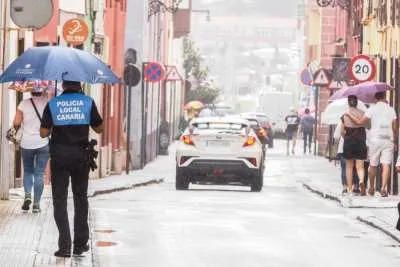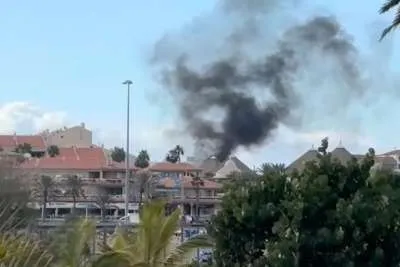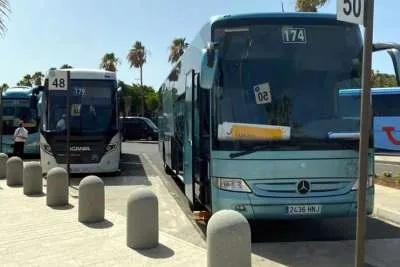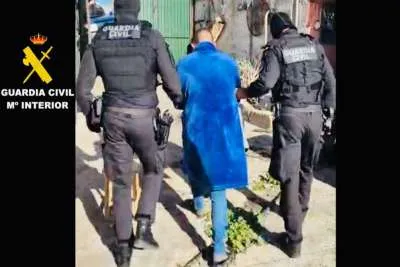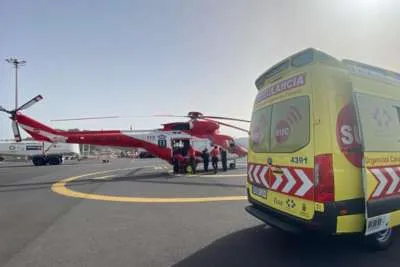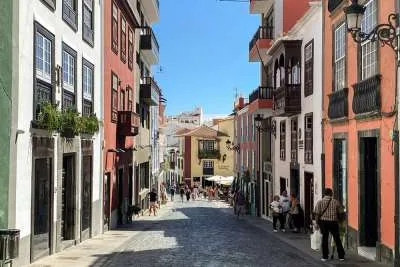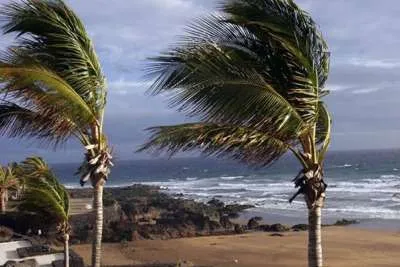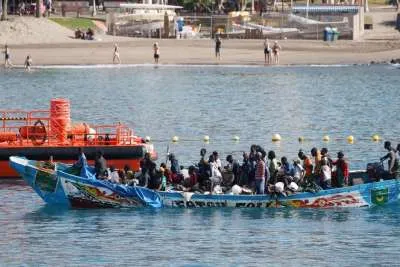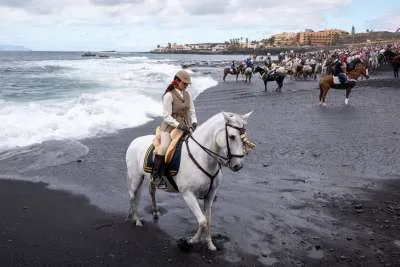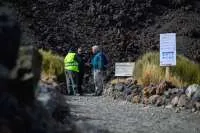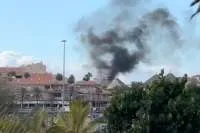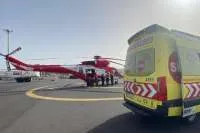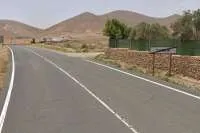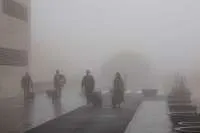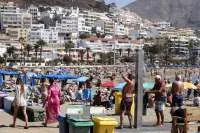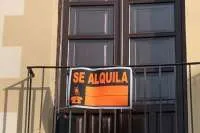Who was Abdoulie Bah, the young man shot dead by police at Gran Canaria Airport
- 20-05-2025
- Gran Canaria
- Canarian Weekly
- Photo Credit: Canarias Ahora
New details have emerged about Abdoulie Bah, the 19-year-old Gambian teenager who was shot dead by Spanish police during a dramatic incident at Gran Canaria Airport on Saturday.
Bah, who arrived in the Canary Islands three years ago on a small boat as an unaccompanied teenage migrant, had built a new life in the Canary Islands, working as a carer for other migrant children and actively involved in community life. However, according to those close to him, he had recently begun showing signs of a mental health problem.
A Tragic Turn
The incident occurred at approximately 4:55pm on Saturday 17th May, when Bah, reportedly armed with a large knife, was shot five times by officers of the National Police. Footage from the airport shows a visibly agitated man confronting officers and members of the public in a crowded area outside the international terminal.
The Canary Islands’ High Court of Justice (TSJC) confirmed that Bah had assaulted a taxi driver, knocked down one police officer, and attempted to attack another before being fatally shot. He was struck by five bullets, including one to the neck.
A Life Rebuilt
Bah had turned 19 just twelve days before the shooting. He arrived in Gran Canaria as a teenager without any family and was placed in a children’s centre until he turned 18. Since then, he had been sharing a rented flat in Las Palmas with three other young men.
Well integrated, he had legal residency and the correct work papers. He worked as a youth carer, had experience as a mechanic and labourer, and had completed basic vocational training. He had also studied in Santa Brígida and trained in agriculture with COAG, a local farmers’ association.
“His behaviour was exemplary,” said Susana Socas Benítez, a social worker who had been supporting him. “He played football, worked, studied. He was doing everything right. But recently, he’d started to show signs of a serious mental health issue. We were very worried.”
Socas was due to accompany Bah to a mental health assessment this week. “If this had happened next week, maybe I’d have answers,” she said. “But now that’s never going to happen.”
Calls For Justice and Accountability
The shooting is now under investigation by a judge in Telde. As the legal process unfolds, Bah’s friends and advocates are working with a local foundation to try to repatriate his body so that his family in The Gambia can lay him to rest.
In the wake of the incident, the Association of African and Afro-descendant Women in the Canary Islands has demanded “clarity, transparency, and justice.” In a statement, the group said the case reflects deeper structural problems:
“We hold institutional, structural, and systemic racism in the Canary Islands and the Spanish state responsible for the conditions that so many Black and African people, especially vulnerable young men, are forced to endure.”
They added: “We condemn the lack of protection and reception systems that push young Black and African people into life-threatening situations.”
The fatal shooting has sparked debate over police use of force, mental health care access, and the challenges faced by migrant youth in Spain. For people like Susana Socas, it’s a story that needs to be told properly:
“I’ve worked in protection centres for eight years. I’ve seen violence up close. I’ve never seen a police intervention like this one. What matters now is that Abdoulie’s story is told truthfully, and justly.”


